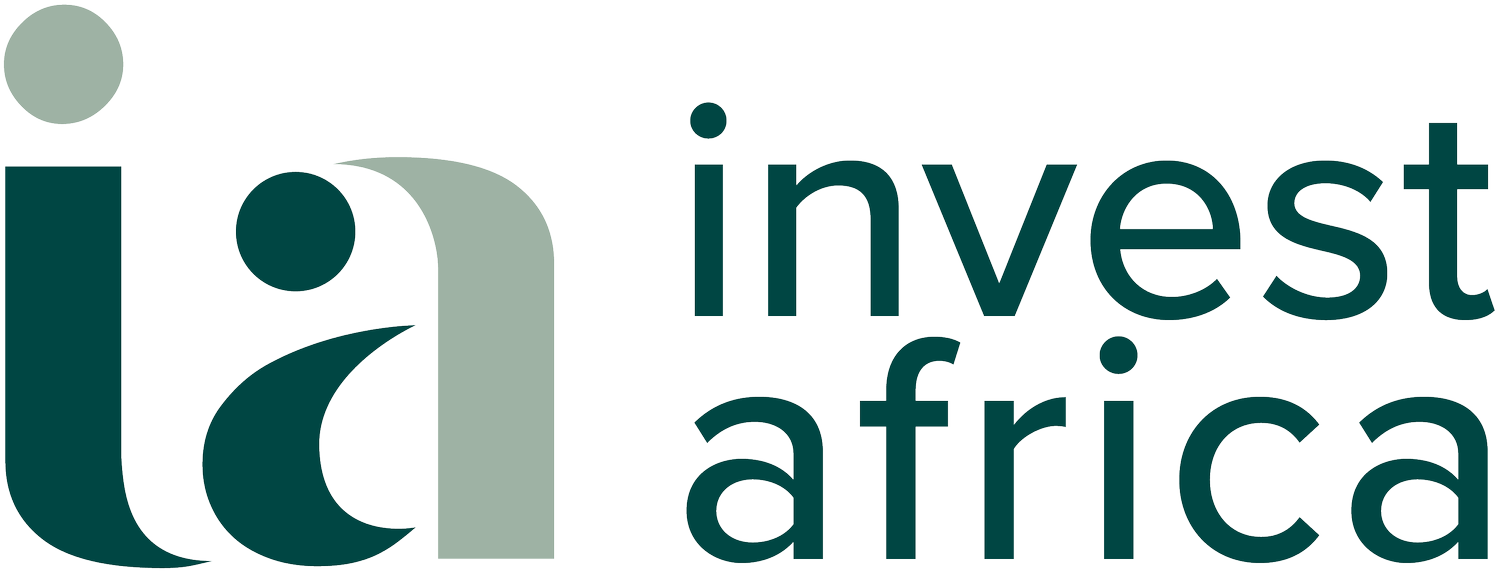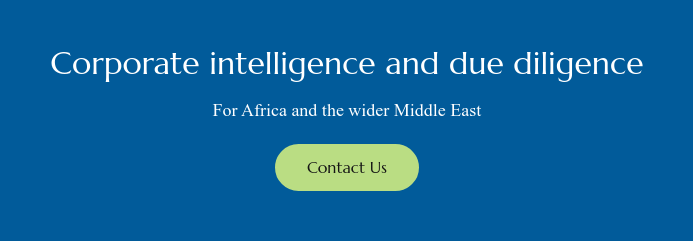Gulf investments in West Africa
Read moreInsights on Gulf-Africa Commercial Ties: An Interview with Diligencia
While China often takes centre stage in discussions about foreign investment into Africa, the Gulf, and specifically the United Arab Emirates (UAE), has over the last decade emerged as a hub for companies wanting to invest in the continent – helped no doubt by Emirates’ and Etihad’s extensive network of flight connections to African destinations. This has coincided with an evident shift in how Gulf states want to project political and economic influence (so-called “soft power”) abroad, with Africa central to their ambitions.
Traditionally, Gulf states have channelled their economic and political influence towards North African states – especially Egypt. However, recent investments are increasingly moving south of the Sahara, with the UAE taking the lead. According to a recent report from fDi Markets, the UAE's investments in Africa between 2012 and 2022 ranked fourth globally and significantly surpassed those of other GCC states, reaching nearly US$60 billion – more than double that of Saudi Arabia. This shift suggests that the UAE, Qatar, and Saudi Arabia are not merely driven by immediate trade opportunities or security concerns in the neighbouring Horn of Africa. Instead, they appear to be aiming for a deeper engagement with the continent that marries economic, political, and national security interests.
To shed light on this evolving relationship, Invest Africa asked Nouri Bakkali, Founder and Managing Director at Diligencia, to examine how GCC states are engaging with partners in Africa and to highlight examples of how recent investments are being used to strengthen their own position both at home and abroad.
1. From your standpoint, what factors make investing in Africa an attractive proposition, despite the presence of genuine investment risks and the perception of even greater risks?
Imagine you are one of the prominent GCC states today…you’re enjoying a bonus windfall from a high oil price, so you have capital to deploy, but you know the clock is ticking on fossil fuels and that your own national priorities must be to diversify the economy, make the energy transition and secure the ability to feed your own population. At the same time, you are in a volatile region where rivals are flexing their muscles so it is in your interests to build a broad network of sympathetic allies amongst your near-neighbours.
In all of these respects, the array of young and vibrant African economies on the Gulf’s doorstep represents a genuinely one-off opportunity, a blank canvas if you like, to play to your strengths as an economy whilst reinforcing your own national interests.
Much of this of course is already in play…Africa needs transport infrastructure, so enter DP World, the world’s third largest port operator, now active in 8 African countries and committed to more; Qatar Airways has invested heavily in both RwandAir as well as the redevelopment of Kigali airport. If you’re talking telecoms, the UAE’s E& (formerly Etisalat) now has a presence in 8 African markets under the Moov brand, while Qatar’s Ooredoo operates in a number of North African countries. Examples abound in the energy sector where the UAE is engaging at a number of levels: investing in specific renewable energy projects as well as partnering with multilaterals such as the EU to accelerate the energy transition across the continent.
Much of this contributes to Gulf states’ economic diversification, but investment in arable land and agribusiness in Africa plays to a more fundamental priority: food security. With climate change set to put food supply chains under more pressure, there is a growing urgency amongst food importers in the Middle East to boost production elsewhere. Hence we are seeing vast tracts of land in Zambia and Kenya being purchased by Saudi investors, and a wider investment in the agricultural supply chain from farm vehicles and equipment through to the mining of phosphate in Mauritania, for example.
2. As a leading provider of corporate intelligence and due diligence solutions, Diligencia specialises in helping clients navigate complex markets, including across Africa and the Gulf. Could you share some insights into how your clients view the evolving Gulf-Africa commercial ties, and how Diligencia is helping clients to identify and mitigate investment risks for businesses on both sides of the Red Sea?
There is no doubt that the surge in Gulf-Africa investment is an exciting and growing trend, but for some of our clients it may be the first time they have had to conduct due diligence or onboard a new customer from a particular African jurisdiction. So the emphasis for us is very much on educating the client on a range of issues from what information is available and where it can be found, through to local regulations on foreign ownership and land acquisition, for example.
When it comes to risks, there are clearly a range of factors to consider as part of an overall risk assessment, but one area I would flag up can broadly be termed stakeholder risk. Recent coups in Gabon and Niger are a pertinent reminder of how a sudden change in how a country is governed can radically alter the investment landscape, leading in the worst-case scenario to possible expropriation of assets and resources. Gulf states have also been known to back one side over another during times of civil tensions – current examples include Sudan and Libya – only underlining the need to understand local and international political affiliations.
This extends to gaining full visibility of all parties involved in an investment together with an understanding of their associations and motivations – all of which can be achieved via a robust due diligence process. Whilst most countries mix trade and politics, there is a tendency for Gulf states to take a top-down approach to investment – often with a head of state or member of the ruling family leading an investment initiative on behalf of an state-owned enterprise or delegation of businesses. It almost goes without saying that parties on both sides of any transaction need to be absolutely clear who they are engaging with – not as straightforward as it sounds when information on counterparties is often difficult to access in the Middle East & Africa.
3. Looking forward, what is your vision for the evolution of Gulf-Africa commercial ties over the next decade? And from Diligencia's perspective, where do you see promising opportunities emerging for companies engaged in this dynamic and evolving space?
I think over time we are going to see some of those trading relationships between Gulf and African states mature and deepen into longer term partnerships. That will naturally involve more sophisticated deals that go beyond straightforward infrastructure investments and become more about capacity-building projects and the transfer of whole business models. A good example of this is Angola’s ambitions for its diamond sector which involves not only closer trading relations with Dubai, but also an increase in domestic processing capacity and the creation of a diamond bourse in Luanda modelled on the Dubai Diamond Exchange (DDE).
At the same time African nations are likely to become more assertive with the type and nature of the deals they negotiate. These may involve preferential access to Gulf markets for its own products, services and citizens. Angola again is a case in point of how a country can court several Gulf states at the same time; whilst being a significant recipient of UAE investment (DP World’s Luanda concession, and the Barro do Dande Ocean Terminal to name but two examples), Angola has also struck strategic deals with Qatar and, 18 months ago, opened an embassy in Saudi Arabia.
The point is that the continent of Africa is set to become a more competitive investment environment. Although FDI into Africa is down over the last 18 months due to the current macroeconomic environment, our view is that this is likely to be a short-term blip. Indeed, reduced commitments from China due to its own domestic economic slowdown only creates space for GCC countries to step up, and it is no coincidence that Saudi Arabia and the UAE were two of the nations that recently joined the BRICS group of countries, a move that has been dubbed by some commentators as the ‘scramble for Africa’. Well, the race is clearly well underway, and based on current evidence the Gulf is determined to be in the leaders’ pack.

